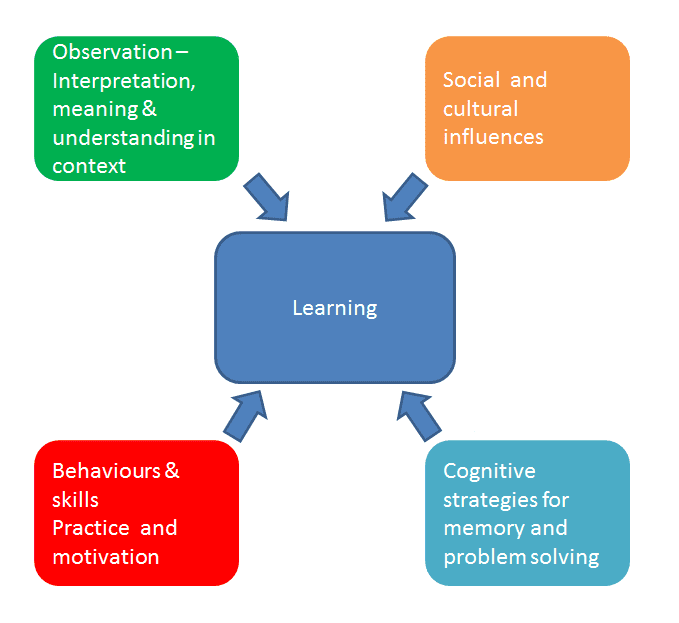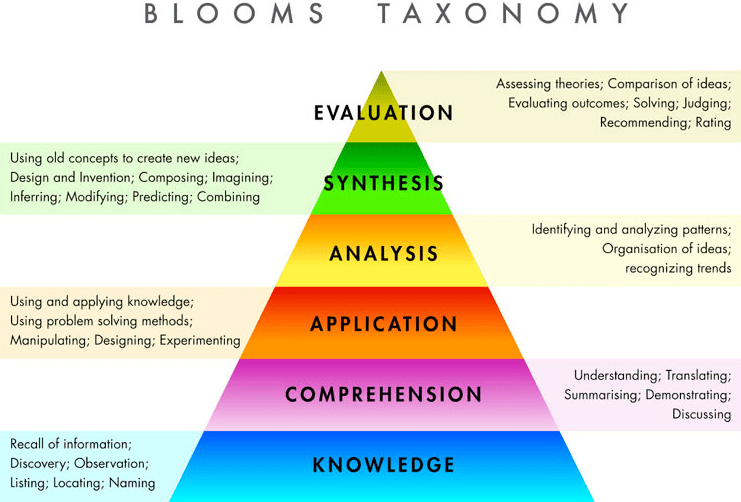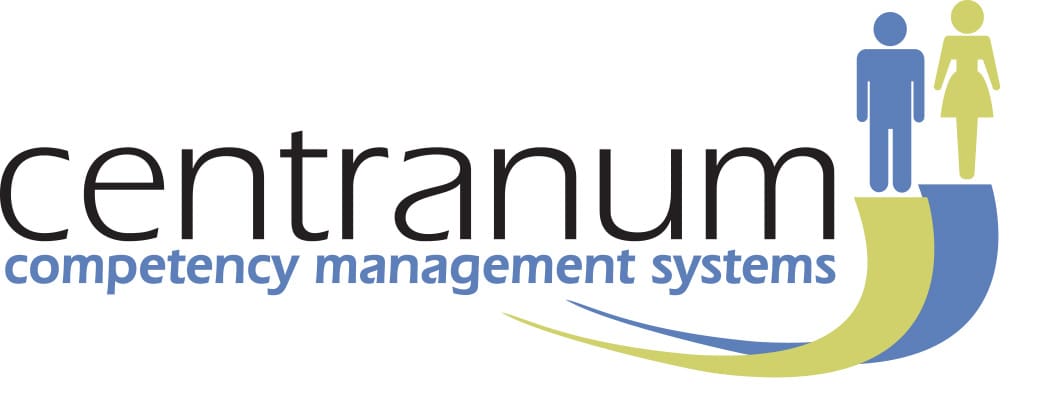Clarifying Concepts of Learning, Training & Development
What is Learning?
There are a number of theories on how humans learn.
Constructivist theory has a focus on meaning. How people take meaning from their environment and activities. Knowledge is about contextual and individual interpretation rather than universal truth.
Sociocultural theories of learning acknowledge the importance of social and cultural contexts in learning, learning by observation, communities of practice are examples.
Cognitive theories of learning focus on thinking. How information is remembered and processed. How we go about gathering information, problem solving and making decisions. Tools of this approach are strategies for learning such as note taking, visual cues and aids,as well as providing ‘meta’ strategies such as problem solving steps.
Behavioural theory is based on Skinner’s work on operant conditioning where positive reinforcement drives the frequency of rewarded behaviours. Repeated practice leading to satisfaction with progress is an example of an internal positive reinforcer.
Experiential Learning – covers thoughts, feelings and actions. A self initiated discovery process from which the individual finds meaning.
The approaches are inter-related – we observe and interpret information and activities within a context. We use cognitive processes to remember them, and motivational factors drive our inclination to practice and repeat particular behaviours and sets of skill steps.

How does training differ from learning?

Training is different from learning. It is a process of shaping an individual to meet a particular prescribed set of criteria – often termed learning objectives.
This is achieved by instruction and practice, and is usually aimed at particular physical and thinking skills.
So what is Individual Development?
Individual or Personal Development is based on the theory that there are distinct stages in cognitive development – as originally suggested by Piaget whose theories sought to explain how children develop from the early stages of sensing and manipulating objects, through logical thinking tied to concrete examples, to being able to think in terms of abstract concepts.
Other theorists such as Bloom have expanded on Piaget’s stages with various taxonomies that increase in complexity.
These stages underpin the ability to learn. Personal Development can be seen as development through these stages.
Personal Development enables learning.

For learning in organisations it is important to ensure that learners are at the appropriate developmental stage to assimilate learning.
Match Learning resources and delivery methods to the type of learning required to ensure effectiveness.
